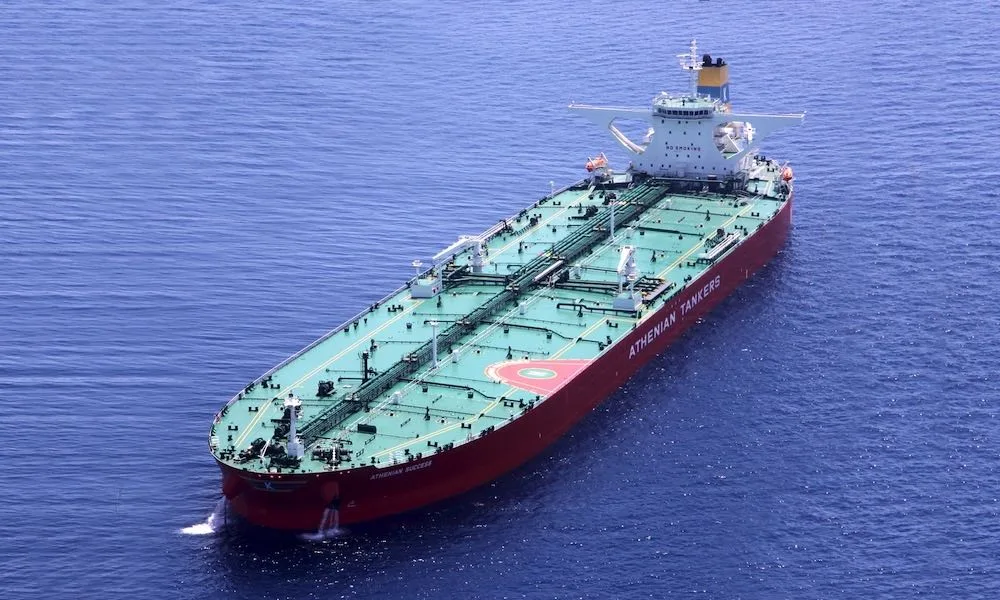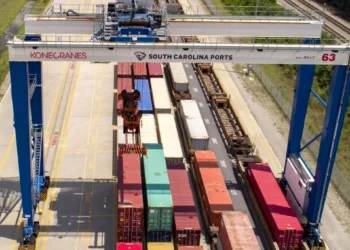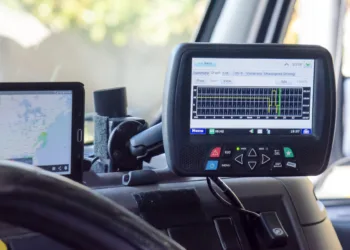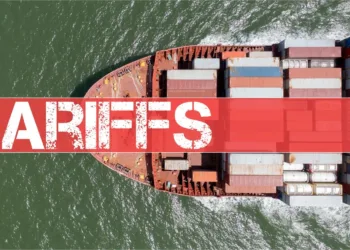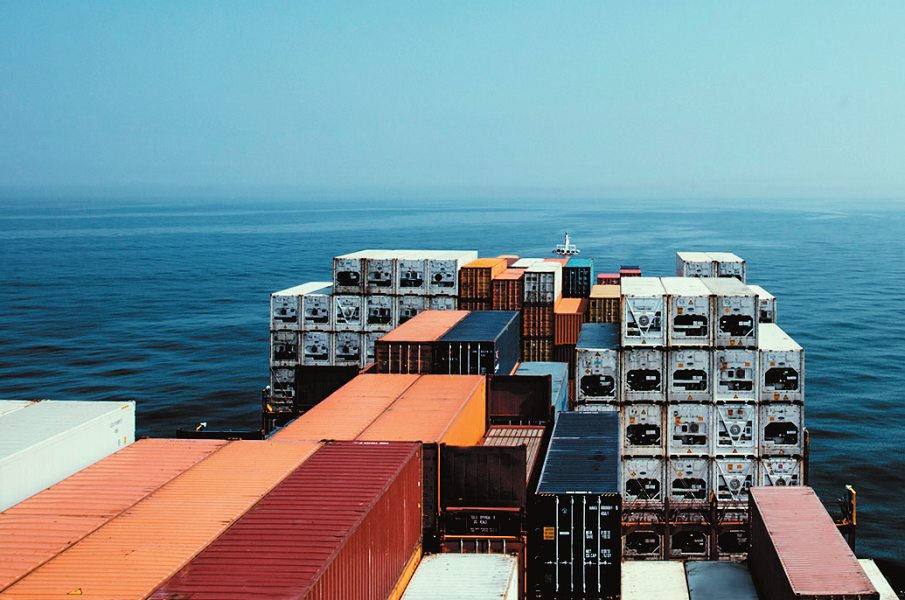Irene Rosberg, programme director of the Blue MBA at Copenhagen Business School, writes for Splash today.
Leadership in the maritime industry is being tested like never before. While ships navigate increasingly complex trade routes and operational risks, the same must be demanded of those guiding the industry from the boardroom. Yet many of those boardrooms are still stuck in the past. As geopolitical tensions rise, digitalisation accelerates and the regulatory landscape shifts, we must ask a hard question: do we have the right people making the big decisions at sea and on shore?
Many shipping boards today are out of sync with the world we live in. While the industry faces challenges ranging from cyber risk and decarbonisation to global trade instability, too many boardrooms remain filled with individuals whose experience is either too narrow or no longer aligned with the demands of modern governance.
It is not a comfortable truth, but it is one the industry must confront. For too long, board appointments have been handed out based on familiarity or time served rather than strategic capability. Experience in a single sector, no matter how valuable at the time, does not automatically translate into the kind of broad, up-to-date thinking that effective leadership now requires.
This is not about dismissing experience. It is about recognising that experience alone is not enough. Board members must be able to engage with issues well beyond their own operational background. Today, that means understanding shifting global risks, applying digital and data-driven thinking, and responding to mounting stakeholder pressure around sustainability, governance and long-term value.
One of the most worrying trends is the growing disconnect between the pace of change in the industry and the static nature of many boardrooms. From geopolitical instability in key maritime corridors to the rise of AI and automation, board-level leadership must now operate with agility, foresight and a genuine grasp of what is shaping the industry from all angles.
Too often, however, boards are reactive. Decisions are made slowly or framed through outdated assumptions. In today’s climate, the boardroom cannot simply be a space for oversight. It must be a space for strategy. It must connect global volatility with local impact and enable companies to navigate uncertainty with confidence.
That is why leadership development at board level needs a serious rethink. We need fewer generic leadership programmes and more sector-specific, case-led initiatives that challenge people to think differently and lead more effectively. That belief is what inspired the development of the Blue Board Programme. It is a response to the need for more agile, informed and forward-looking governance in shipping.
Equally important is diversity. Not just in gender, though that remains critical, but in perspective, discipline and background. We need more people at the table who understand technology, finance, ESG and complex global systems. We also need to be bringing in individuals who are closer to the current realities of the sector, not those whose knowledge has drifted with time.
Competence, not comfort, must shape the future of board appointments. If we continue to select leaders based solely on who they know or where they used to work, we are not positioning our organisations for the challenges ahead. We are simply preserving a structure that no longer fits.
Leadership at sea is no longer confined to the vessel. The real decisions, the ones that define the direction, resilience and reputation of companies, are being made in the boardroom. It is time that boardroom reflected the world it is supposed to govern.




